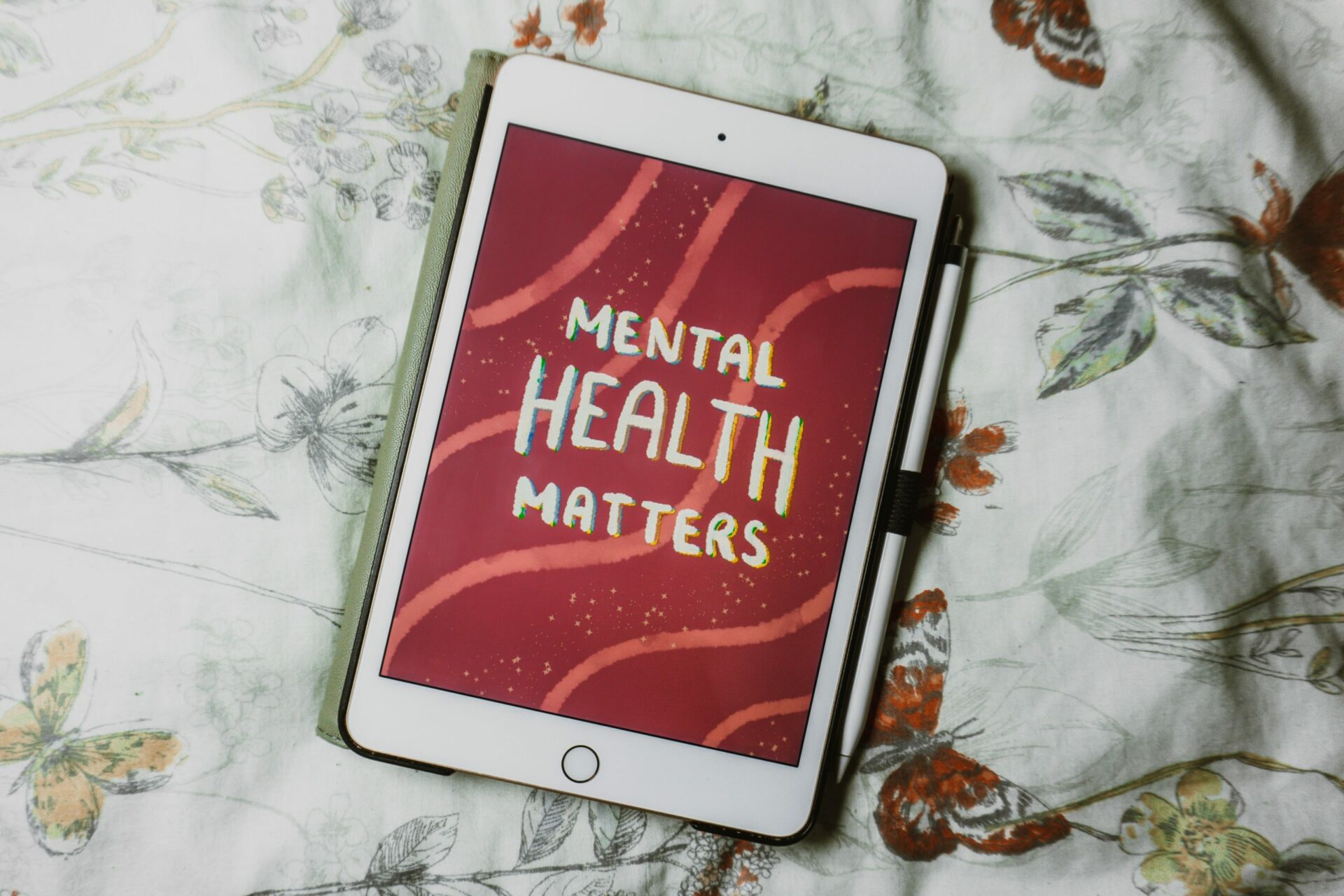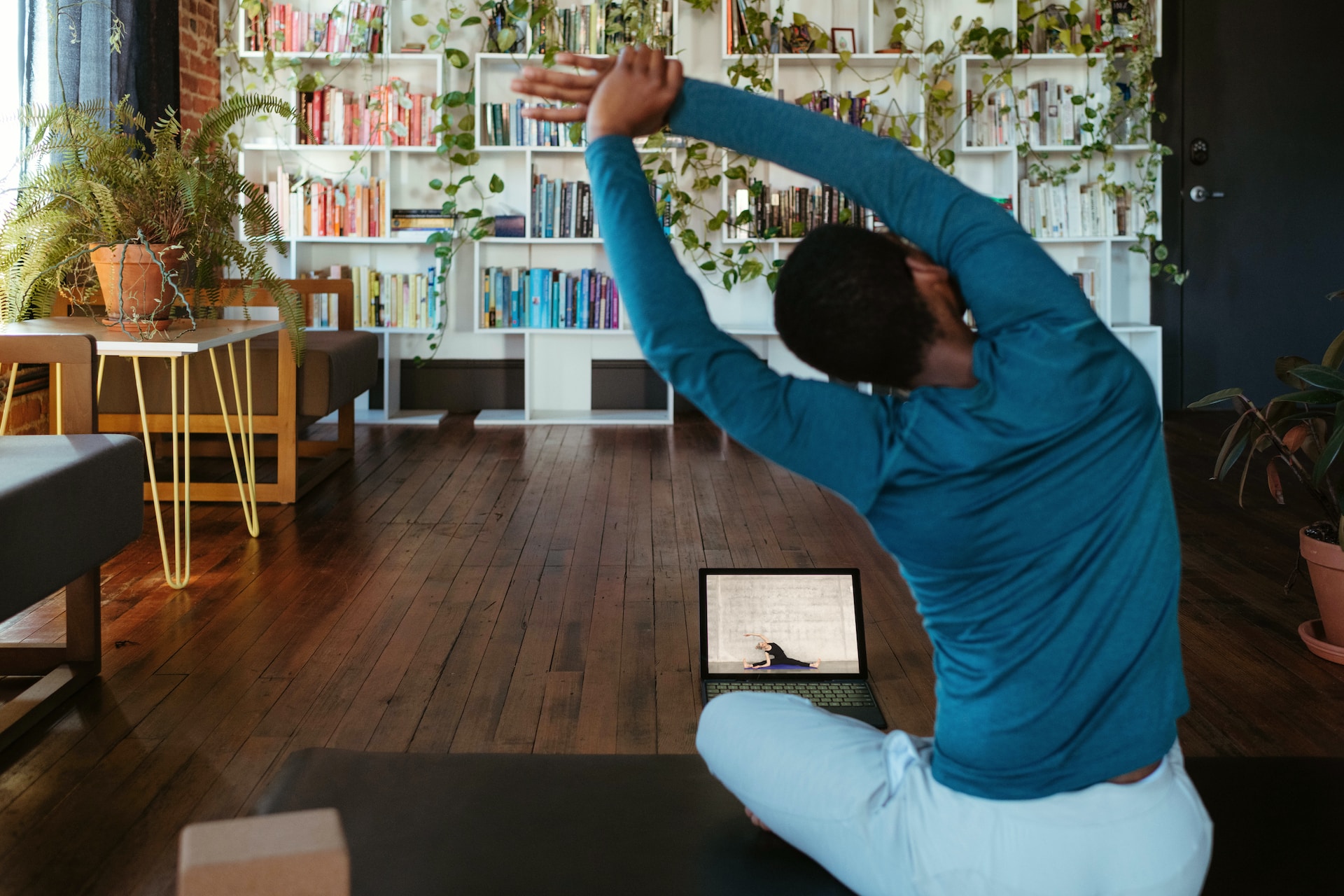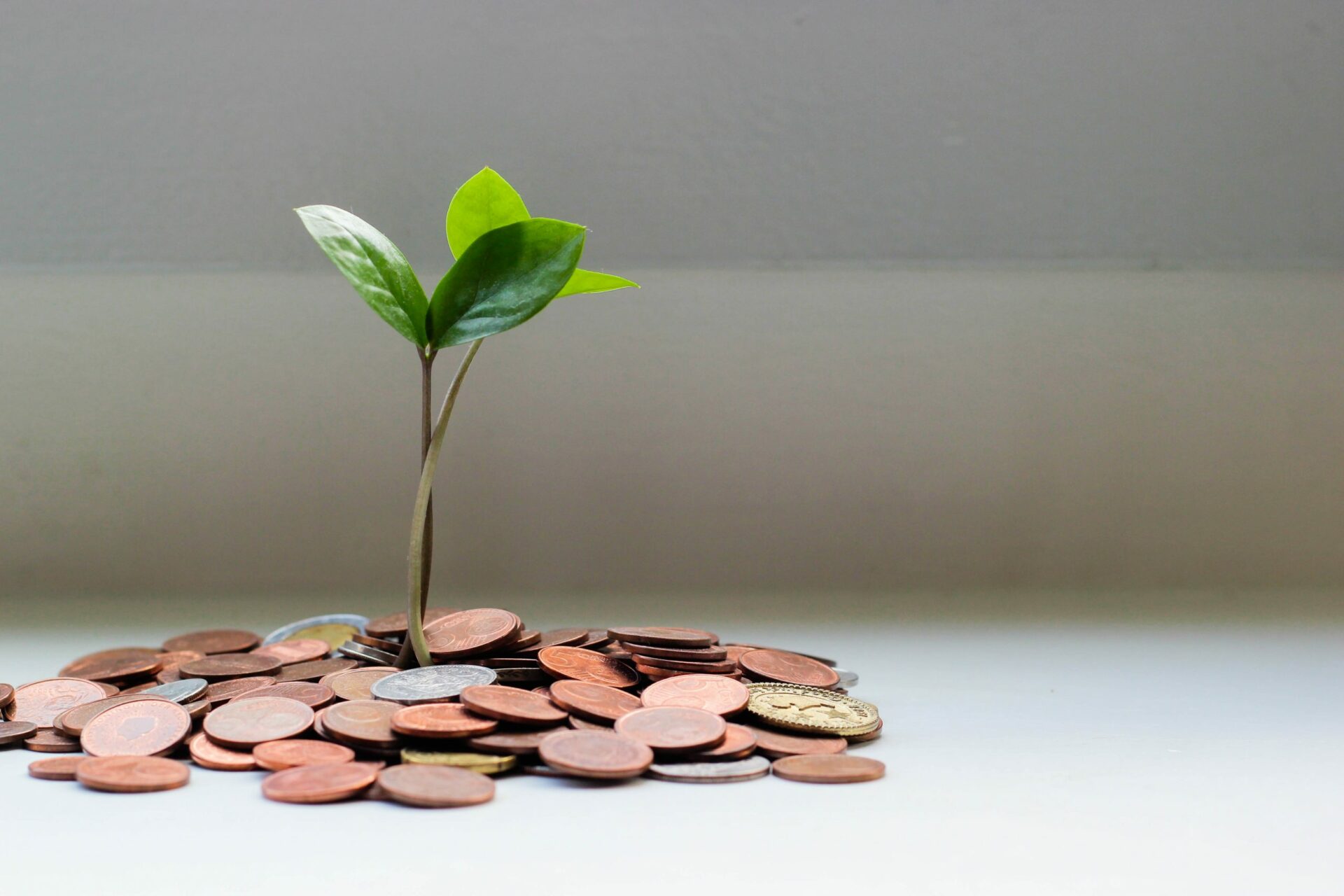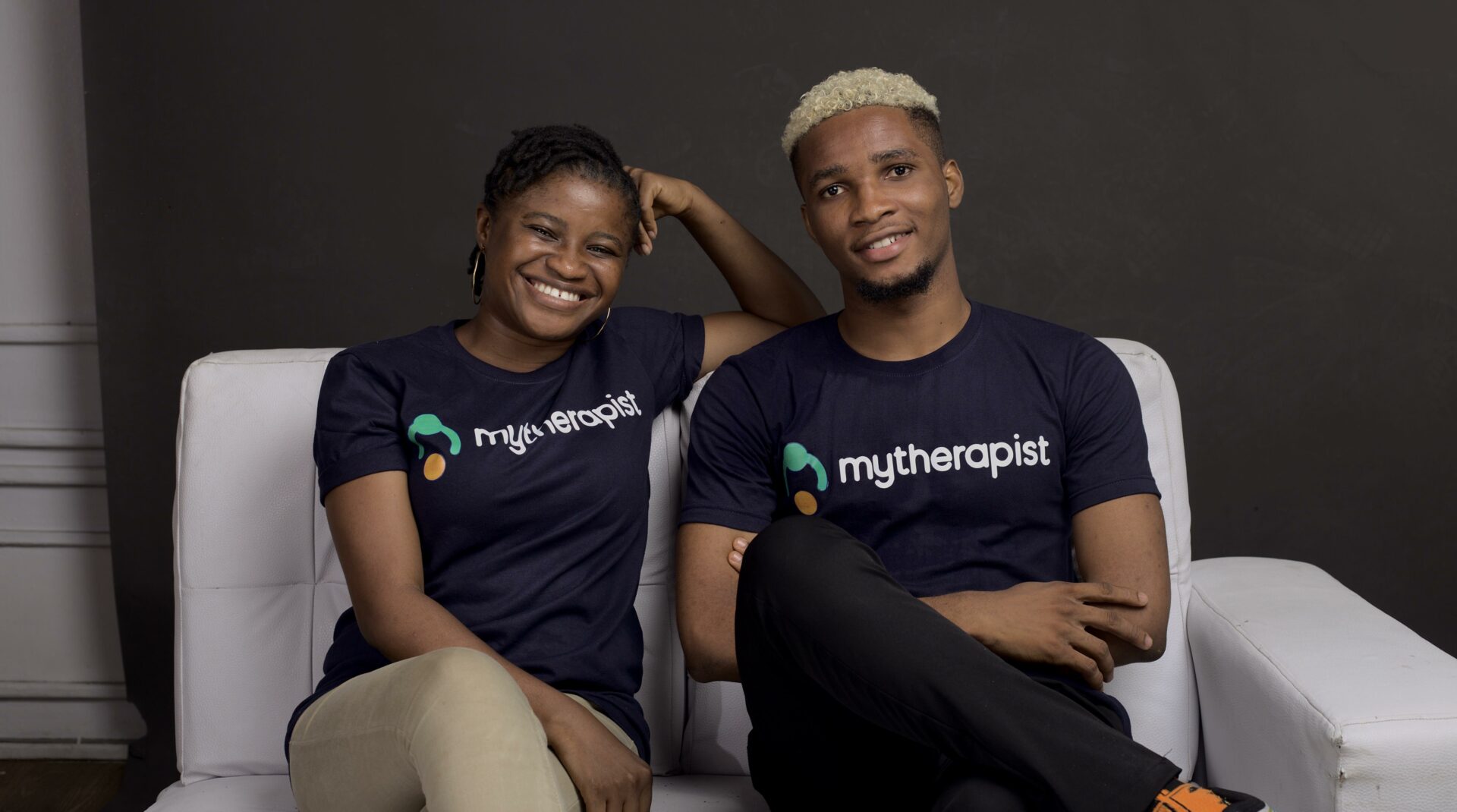In Africa, mental health resources are scarce, reflecting the weakness of mental health services on the continent. Also, it mirrors how governments and citizens turn a blind eye to the problem.
Perhaps, that’s why Ted Malanda, a Kenyan humour writer, couldn’t comprehend why American actor Robin Williams — who suffered from depression — committed suicide in 2014.
Writing via The Standard, Malanda describes how depression — a mental health disorder — is such a non-issue on the continent that African languages do not have a word for it.
Impact of mental health disorders
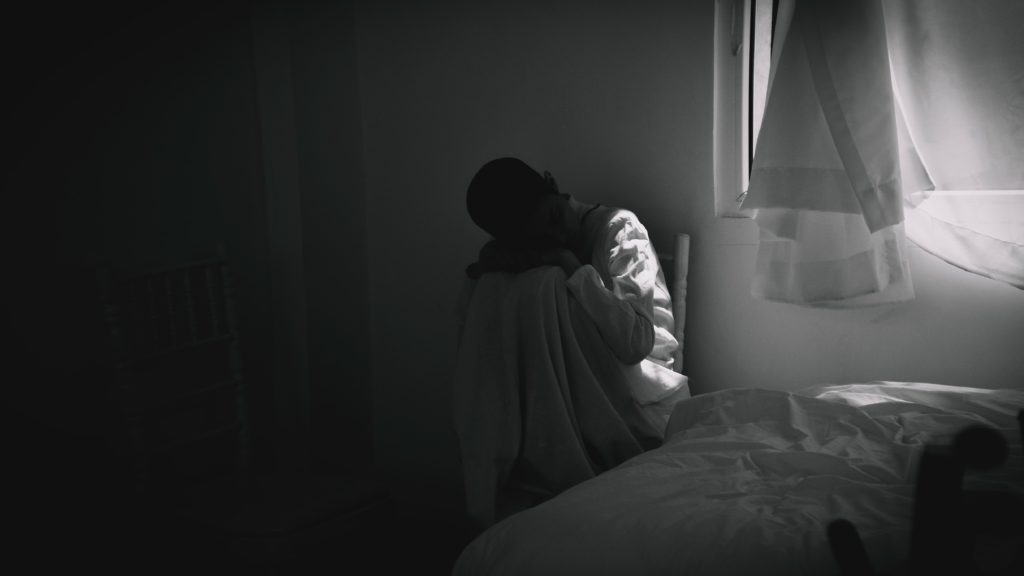
A study shows that 13% of the Global Burden of Disease (GBD) is primarily due to mental health disorders. Almost three-quarters of this burden lies in low and middle-income countries due to extremely scarce health resources and investment.
Mental health is an integral aspect of wellness because it reflects in daily living, relationships, physical health, work, and school productivity.
A World Health Organization (WHO) fact sheet reveals that mental health disorders, otherwise known as mental health illnesses, vary and come with different presentations.
These disorders include depression, anxiety disorder, bipolar disorder, schizophrenia and other psychoses, dementia, and developmental disorders.
They are characterised by a combination of abnormal thoughts, perceptions, emotions, behaviours, and relationships with others. Therefore, mental wellness should receive as much care as physical health.
Globally, the impact of mental health illnesses on the economy is significant. The cost of productivity lost annually is approximately $1.15 trillion, while almost 4.7 billion days of productivity are lost.
Mayo Clinic — a US-based non-profit hospital — mentions that people will always have mental health concerns from time to time. Nonetheless, a mental health concern becomes a mental health disorder when signs and symptoms cause recurring stress and affect the ability to function.
Hence, protecting your mental health is essential.
Protecting your mental health with technology
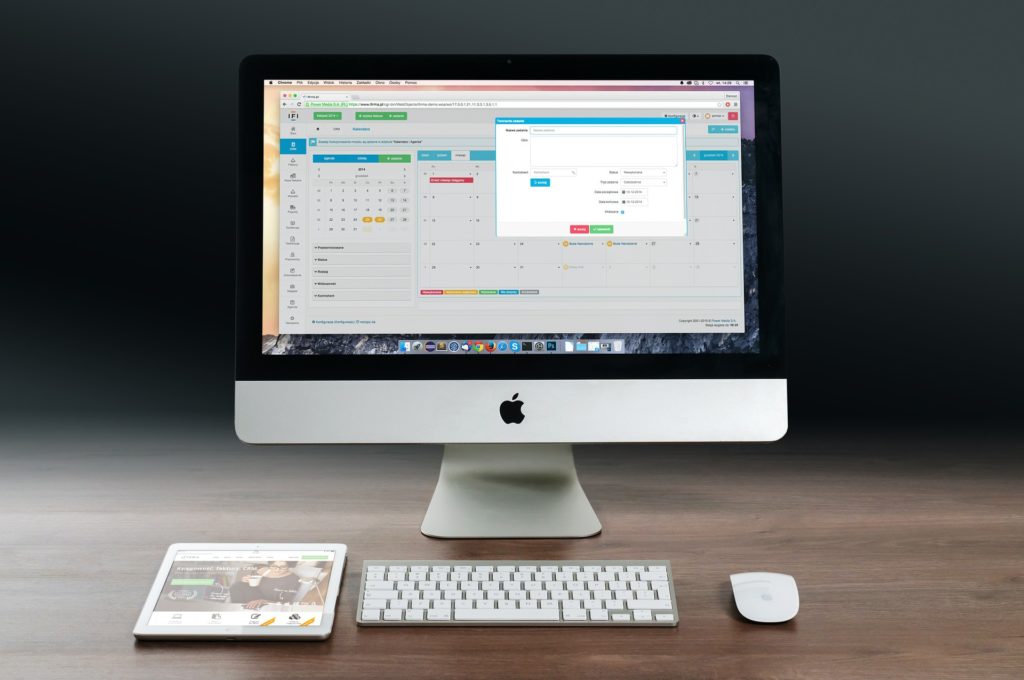
There are effective strategies to prevent and alleviate the suffering caused by mental health disorders, and technology is one of them.
The use of social media can be a cause of mental health disorders like depression and anxiety. However, technology can be advantageous to someone with mental health disorders.
It has opened a new frontier of mental health support and data collection. Research shows that mobile phones and Internet-connected devices provide an opportunity to collect objective information on individuals’ behaviour.
This information helps generate a data set that provides insight into an individual’s mental health needs.
The University of Illinois, Chicago, encourages Internet-based support groups, telehealth, and mobile apps to protect one’s mental health.
Mobile mental health support can be simple and effective. Globally, about 800 mobile apps help users cope with symptoms, share their stories, and meet with psychiatrists and psychotherapists.
Furthermore, they provide valuable data to physicians, therapists, and health care informatics experts.
Internet-based support groups help people with mental health disorders, guiding them while they reveal their struggles anonymously. And telehealth provides consultation with a health care provider via phone or video conference.
How technology is protecting mental health in Africa
A study by the National Institute of Mental Health (NIMH) shows that doctors, researchers, and the public can access help, monitor progress, and increase understanding of mental wellbeing with mobile devices like phones and tablets. In Africa, some startups and non-profit organisations already do this.
We examine two startups and one user-led community helping people with mental health disorders in Africa.
Shezlong
Founded in 2015 by Ahmed Abu ElHaz, an Egyptian software engineer, Shezlong is a healthtech startup that offers people in the Middle East and Africa (MENA) region on-demand mental health care.
It is the first online psychotherapy clinic in the region.
Shezlong has a mobile app that aims to help people with mental health disorders become more confident and make better life decisions. They also offer relationship counselling.
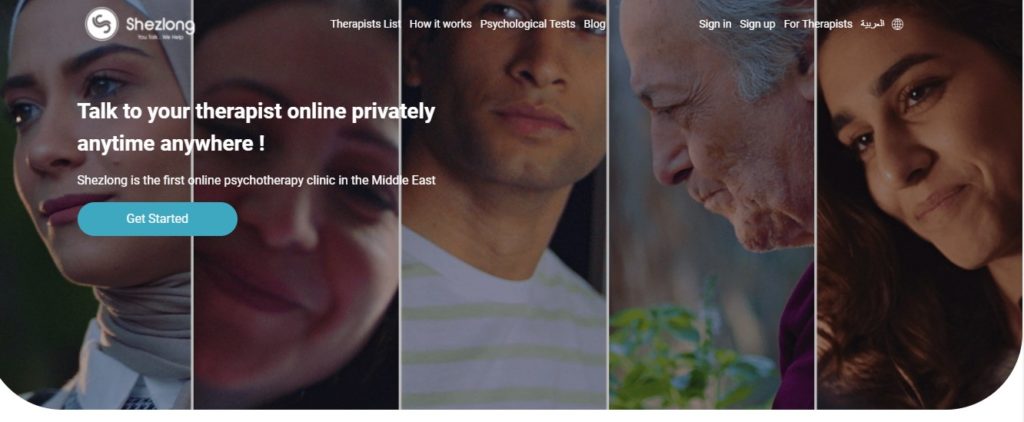
The app is used in more than 60 countries. Over 300 certified and trusted therapists and psychiatrists are conveniently, privately, and anonymously connected with people with mental disorders in MENA.
Truthshare
Truthshare is an online mental health application that helps people get counselling. It was co-founded in 2019 by two Nigerians: Kuro Briggs and Fortune Bekee.
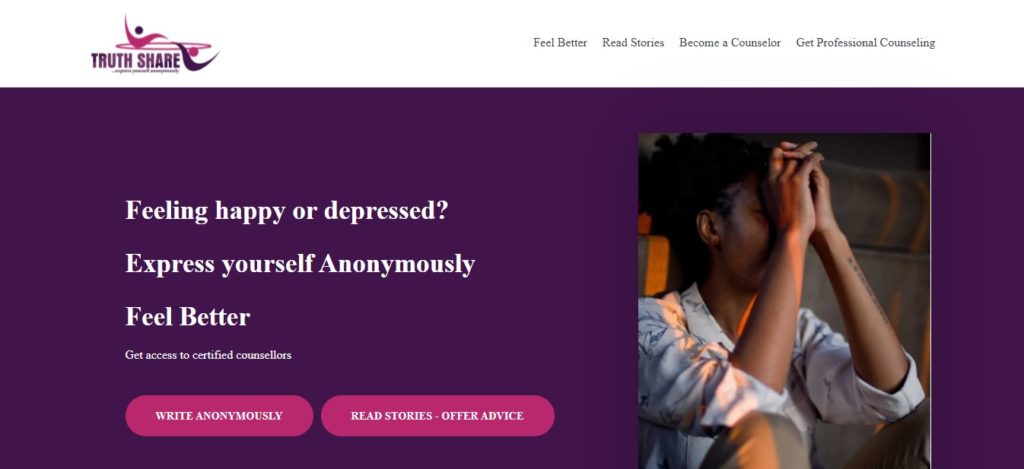
The online app aims to improve the mental health of Nigerians. It leverages the Internet to provide a safe place where people can express themselves anonymously, get access to certified counsellors, and feel better.
Moreover, the public can offer advice to people struggling with their mental health.
Mentally Aware Nigeria Initiative (MANI)
MANI is a user-led community that uses social media platforms to reach its audience.
Founded in 2016 by Victor Ugo, MANI is based on two core beliefs: to alleviate the stigma and suffering which arises from mental disorders and to know that people who have mental health disorders have a right to life and assistance.
MANI attempts to fight stigma, improve mental health literacy, and drive policies that benefit mental health service users and those at risk.
It also engages in activities and services that promote and prevent mental health issues.
When asked how MANI has helped people with mental health disorders, Max, a writer, told Techpoint Africa, “When I was depressed last year, Mentally Aware Nigeria helped me get better. They assigned someone — who should be a counsellor — to me. They followed me up on WhatsApp until I started feeling better. That worked for me.”
Technology has made mental health care affordable and convenient. And anyone with a mental illness can get care anywhere. The use of mobile apps and online platforms offer users the option of anonymity, helping them avoid stigmatisation as they share their stories.
In recognition of Global Wellness Day, we want you to take care of your mental health as much as you do your physical health. If social media is a source of depression or anxiety for you, you could take a break and take advantage of the Internet.
We care about your mental health and hope you get the help you need.

